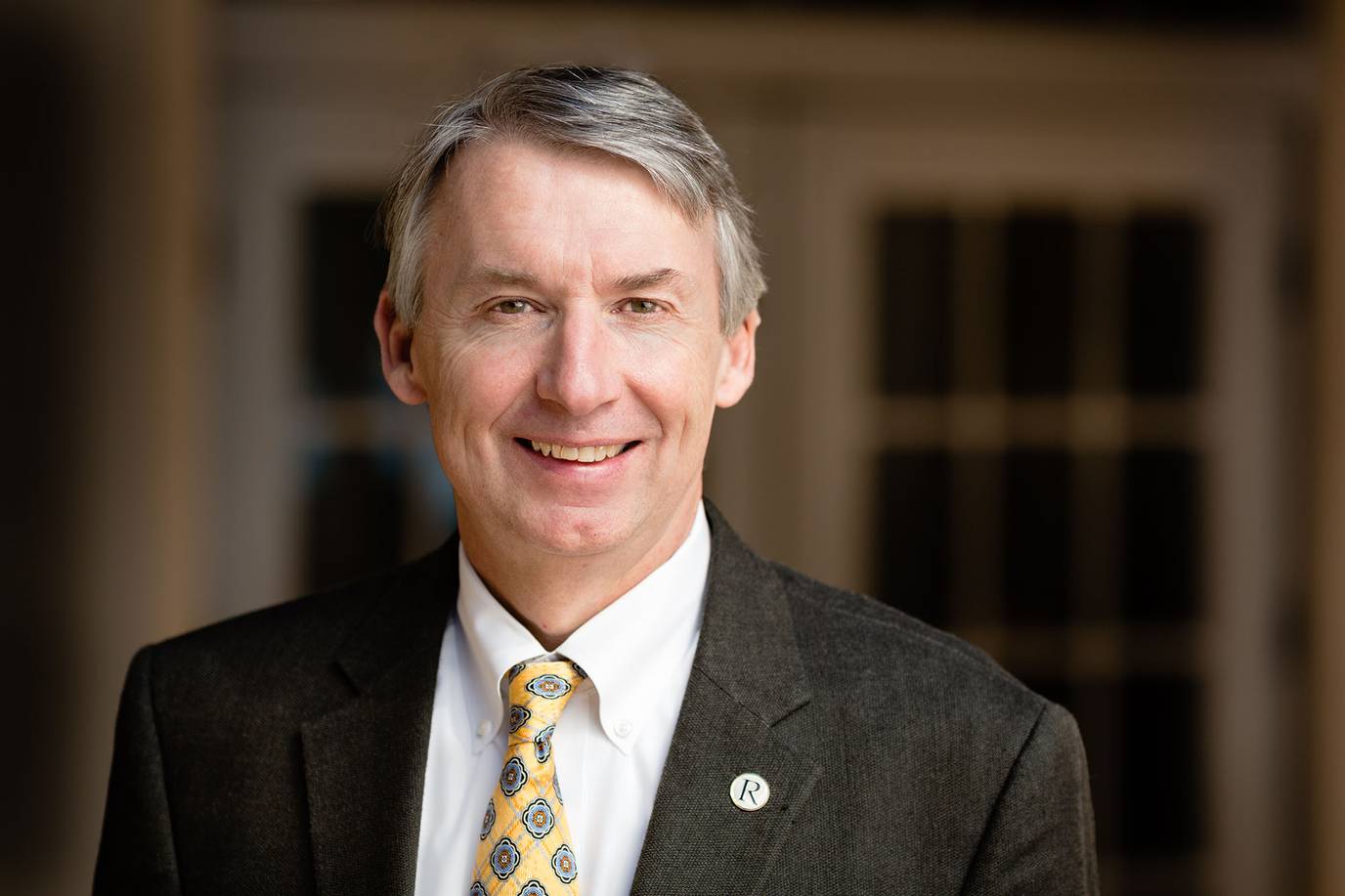Truth, Facts, and Liberal Education in a ‘Post-Truth’ Era
December 04, 2018
By Grant H. Cornwell

Colleges and universities must ensure that students know not only how to exercise intellectual skills but also that certain things are so.
This article originally appeared on Inside Higher Ed’s website. It is republished here with permission.
Across continents and millennia, universities have played a central role in democracy by preparing students to critically engage with the issues that affect their lives.
But our current cultural moment has raised an urgent question: What is the role of higher education at a time when the very ideas of truth, facts, and core principles of justice seem up for grabs? In response, I would argue that liberal arts education is more valuable and more urgently needed than ever before.
In the anti-intellectualism of our current political culture, I see a smug, perhaps even sinister, disregard for the value of truth and its pursuit with integrity. Maybe worse, I see a dismissive attitude toward the knowing of facts—or worse still, a cavalier disposition toward facts, as though they are things that can be selected or even created according to one’s preference and politics.
What is true has been displaced by what reinforces one’s ideology and politics—and ideology trumps facts. I see this as a threat to democracy.
This is where the university—with its core principles of freedom of inquiry and expression, and its capacity to educate graduates with the independent and critical acumen to deliberate about all manner of issues—plays a vital role.
My larger theme is the role of higher education in general and liberal education in particular in a democracy founded on principles of freedom and equality. After all, the term “liberal” in that context is not a reference to political values. Rather, it comes from the Latin, artes liberales, an education in personal liberty or freedom. It is an education not in what to think but how to think; it is a process of becoming free from bias, ignorance, and authoritarian control over thought.
Critical thinking, then, is a tool of liberation. It is a set of skills that enables one to make up one’s own mind, to be a discerner of information, an evaluator of evidence. It is, in brief, an education in how to have independent judgment. A liberally educated person is one who is free—equipped and empowered—to make up their own mind, not subject to the authority of others, not easily swayed by charlatans. If we accomplish nothing else, our graduates should have sufficient skills in reasoning and critical thinking to recognize the difference between a sound argument and demagoguery.
To read President Cornwell’s full article, visit Inside Higher Ed’s website.
Read More
May 01, 2024
Tracing Florida Journeys with Leslie Poole
Leslie Poole, an associate professor of environmental studies discusses her new book and green space in Orlando.
May 01, 2024
Bright Lights
Rollins’ 2024 valedictorians share how the College connected them to their purpose, what they’ll miss most, and what’s next in their meaningful lives and productive careers.
April 30, 2024
Shared Values: Mike Gunter Featured in Private University Products & News
Mike Gunter, a political science professor, is spotlighted for merging his interests in political science and environmental concerns.
